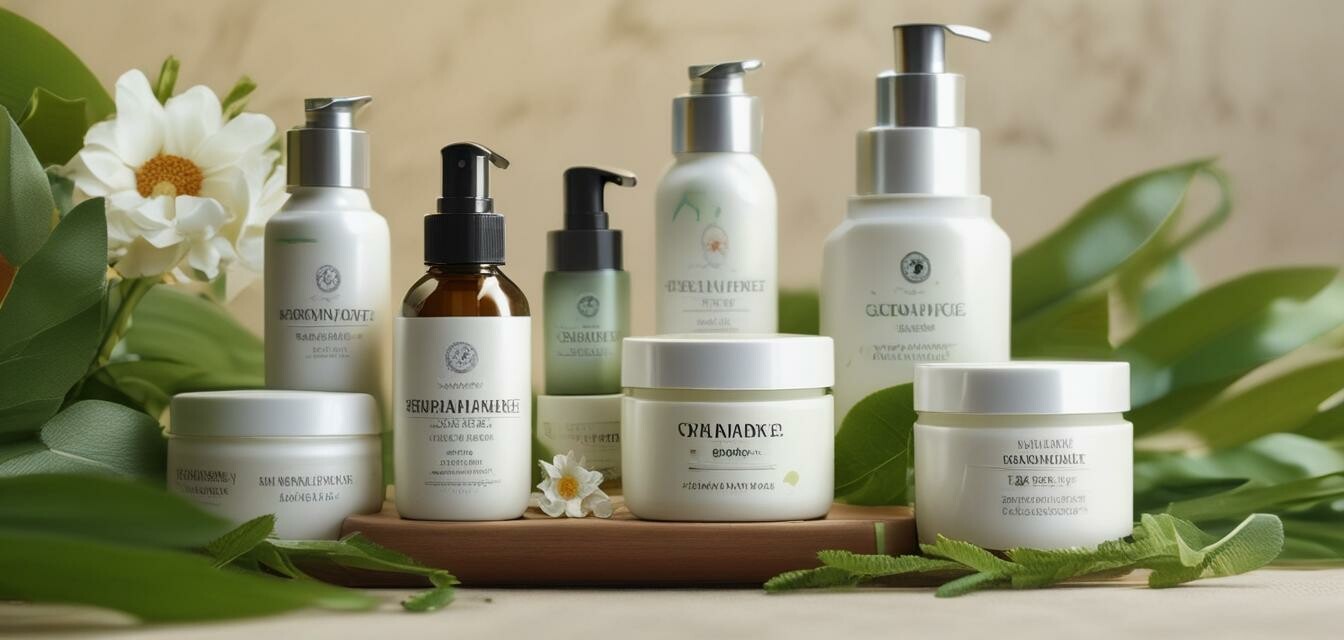
The Ultimate Guide to Choosing Organic Moisturizers
Key Takeaways
- Understand your skin type to choose the right organic moisturizer.
- Look for beneficial ingredients such as aloe vera, jojoba oil, and shea butter.
- Consider formulations based on your skin's needs, whether hydrating, nourishing, or balancing.
- Research brands to ensure they align with your values of sustainability and health.
- Patch test new products to avoid potential reactions.
Choosing the best organic moisturizer can transform your skincare routine and enhance your skin's health. With a plethora of options available in the market, selecting the right one may feel overwhelming. This guide aims to simplify the process by exploring various factors to consider and key ingredients to look for.
Understanding your skin type
Before delving into the ingredients, it’s essential to identify your skin type. This helps in narrowing down the suitable options. Here are the common skin types:
- Normal: Balanced skin with no excessive oil or dryness.
- Dry: Lacks moisture and may feel tight or flaky.
- Oily: Produces excess oil, leading to shine and potential breakouts.
- Combination: A mix of both oily and dry areas.
- Sensitive: Easily irritated and prone to redness.
Key ingredients to look for
When searching for organic moisturizers, paying attention to the ingredients can make a significant difference in your skin's response. Here’s a table highlighting beneficial ingredients and their properties:
| Ingredient | Benefits |
|---|---|
| Aloe Vera | Soothes and hydrates the skin. |
| Jojoba Oil | Mimics skin’s natural oils and balances moisture. |
| Shea Butter | Deeply nourishes and moisturizes dry skin. |
| Argan Oil | Rich in fatty acids and vitamin E, ideal for hydration. |
| Green Tea Extract | Rich in antioxidants that protect and soothe the skin. |
Formulation considerations
Different skin types require different formulations. Here’s a breakdown of what to look for based on your specific needs:
- For Dry Skin: Choose thick creams or balms that contain rich oils and butters.
- For Oily Skin: Lightweight gels or lotions that are water-based and non-comedogenic work best.
- For Combination Skin: A balance of hydration and oil control is key; consider using a gel-cream hybrid.
- For Sensitive Skin: Look for fragrance-free options with soothing ingredients like calendula or chamomile.
Finding reputable brands
It’s important to select brands with a solid reputation, especially when it comes to organic skincare. Pay attention to:
- Brand transparency regarding sourcing and ingredient formulation.
- User reviews and testimonials to gauge product effectiveness.
- Certifications such as USDA Organic or cruelty-free practices.
Patch testing new products
Before fully incorporating a new product into your routine, performing a patch test can help you avoid unwanted reactions. Follow these steps:
- Apply a small amount to your forearm.
- Wait 24 hours to observe any signs of irritation.
- If no reaction occurs, it's likely safe to use on your face.
Conclusion
Choosing an organic moisturizer tailored to your skin type can lead to healthier skin over time. By being mindful of the ingredients, formulations, and reputable brands, you’ll be well on your way to achieving a radiant complexion. Remember, the best moisturizer is one that works harmoniously with your skin.
Pros
- Natural ingredients that are gentle on the skin.
- Free from harmful chemicals and synthetic fragrances.
- Often comes in eco-friendly packaging.
- Supports sustainable and ethical practices.
Cons
- Can be more expensive than conventional products.
- Not all organic products are created equally; quality varies.
- Some may require trial and error to find the right match.
Tips for Beginners
- Start with samples to find what works best for your skin.
- Educate yourself about ingredient labels.
- Consult with a dermatologist or esthetician for personalized advice.
- Stay consistent with your skincare routine to see optimal results.
To explore more about organic skincare, check out our detailed guides on Body Lotions & Oils, Exfoliators & Masks, and Facial Cleansers. Each guide provides valuable insights to enhance your organic skincare knowledge.


